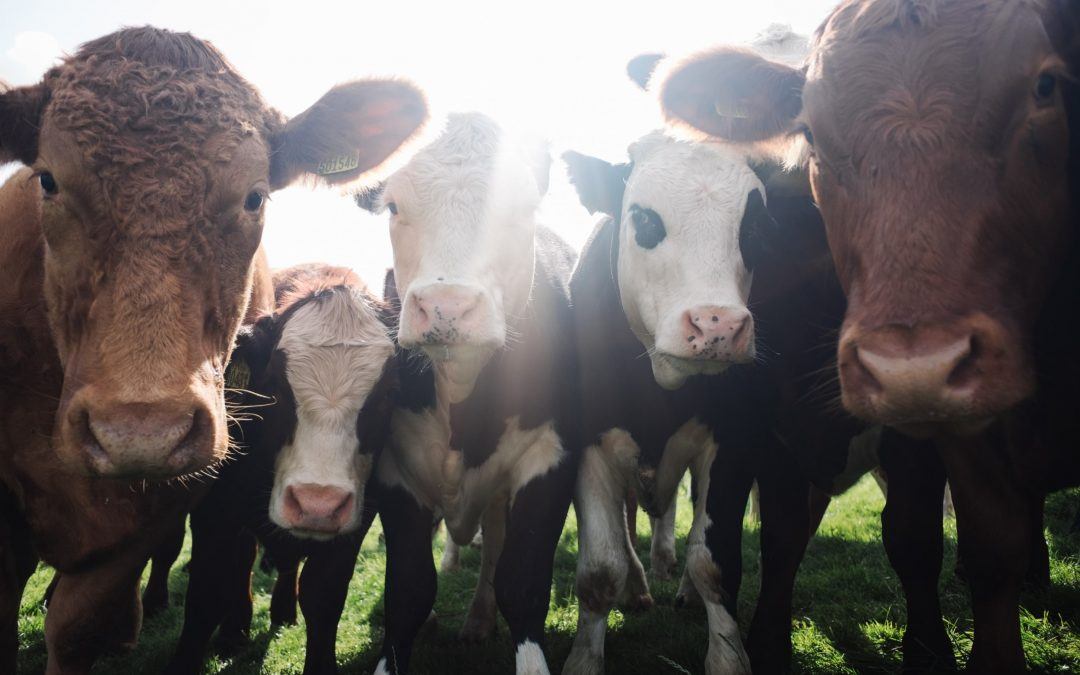How Will Climate Change Affect the Cattle Industry?
Climate change is a worldwide phenomenon that promises to have consequential and far-reaching effects upon virtually every sector of the farming and agricultural industries. This is no exception for those of us who make our living raising and harvesting livestock.
Though the possible long-term impacts of climate change on the cattle industry is still only vaguely understood, what is clear is that cattle ranchers should anticipate having to make some changes to their business models and farming practices in order to adapt to the realities of a changing climate – and soon.
Fortunately, there’s an easy way that farmers can obtain financing to make these changes. All that they need to do is apply for some loans for their ranch. With additional funds, farmers can implement new technologies and adapt their process in order to prepare for the coming changes in the industry.
A Changing Climate – And a Changing Industry
The Western United States’ rich and abundant pasturage – coupled with the nation’s apparently insatiable demand for beef products – has paved the way to centuries of success and stability for the American cattle industry. While our national demand for hamburgers doesn’t seem likely to disappear anytime soon, the vast pastures that our livestock (and our ranchers) depend on are at risk of significant changes as the effects of climate change become more pronounced.
Again, no one knows exactly how climate change is going to affect the vegetation, forage, and landscape upon which the modern cattle industry is founded upon. But there is some recent research that we can turn to which can provide us with some helpful clues of what the future might look like.
Climate Change, Ecology, and Livestock – A Look at the Research
Matt Reeves, a researcher working with the United States Forest Service (USFS) at the Rocky Mountain Research Station, along with a team of his colleagues, recently set out to more clearly understand what a changing climate might mean for the nation’s commercial cattle industry. As Reeves recently stated his goal to the United States Department of Agriculture (USDA): “We want to identify specific regions throughout the western United States that are most vulnerable to climate change. The USFS and other public land managers can use this information to communicate with stakeholders, such as livestock producers that rely on public land grazing permits, and let them know what could be possible in the future and what we are preparing for.”
Acquiring this information, however, is no easy task. For one thing, there are a huge number of climate change-related variables (in addition to a changing ecological landscape) that could impact the viability of the cattle industry. Heat stress and a dwindling water supply are two examples of such variables that need to be taken into account. For another, there are multiple scenarios that need to be taken into account. For example, some areas of the country might be negatively impacted, while others could experience a sudden burst in soil fertility.
You can learn more about Reeves’ research with the USFS here.
Working Towards a Sustainable Future
Let’s imagine for a moment that as the climate warms, our national cattle industry experiences only negative consequences – reduced pasturage, heat stressed cattle, invasive species of vegetation.
What can be done in the here and now to reduce the severity of those risks?
Karen Bagne, a team member working with Reeves, summarizes it this way: “You can look at these places where everything is expected to be worse and then do a cost analysis by asking what is the easiest thing for me to do? Possibilities include more water, or other range improvements to help cattle through the heat problems, or supplemental feed. Another is aiming for a very flexible-level stocking rate, instead of trying to maximize but having it fluctuate more.”
Obtaining ag financing for your ranch is another highly effective strategy to protect yourself, your property, and your way of life from a changing climate.
Find Loans for Ranches Today
At MSF Agriculture, we’re committed to providing financial protection to rural homes, farms, and ranches. Contact us today to get started securing your own loan – and your own future.

